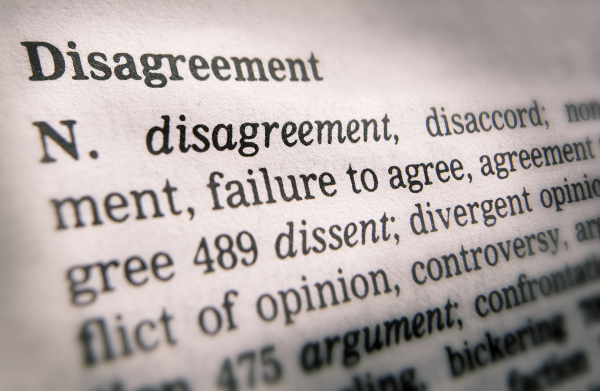nib has rejected the claim its updated financial outlook for 2021 shows it is profiting from the pandemic having reported a $59 million as yet unused claims provision.
In its recent update to shareholders, the company said the provision for deferred claims relating to the suspension of elective surgery and other services during the pandemic was $59 million for the nine months to the end of March 2021.
The company said the extent of the catch-up from these deferred claims has been lower than expected and that it anticipates it will still retain a provision at the end of this financial year.
The Australian Private Hospitals Association (APHA) described the provision as a "huge payday".
“This would represent a 50 per cent increase in profit on the previous year, driven by the fact nib members paid premiums for services they couldn’t access," said CEO Michael Roff.
“Funds have been saying they need to hold on to these payments because of the ‘inevitable’ catch up in elective surgeries. But, this is not happening at anywhere near the rate they are suggesting. Instead, they should return the fees paid to their members and stop hoarding cash on a pretence.”
However, nib rejected the claim with CEO Mark Fitzgibbon saying the provision will be returned through the catch-up in deferred claims or through an adjustment in next year's annual premium round.
Yet Mr Roff urged all private health insurers to follow the lead of HBF in returning the deferred claims provision. In March, the Western Australian insurer announced it would return $40 million in an unused deferred COVID-19 claims provision to members.
“Medibank reported in March they are holding deferred claims of $310 million, so there are more funds making money out of COVID-19 than not. We also know that activity levels in private hospitals were down 6.9 per cent in 2020 compared to 2019, so the rush to elective surgery has not occurred. There is no reason why all health funds can’t declare how much they will return to members.
“Australians have been hit hard by the pandemic and if private health insurers are holding on to money that could help people struggling to pay the bills they should also ‘do the right thing’,” added Mr Roff.
